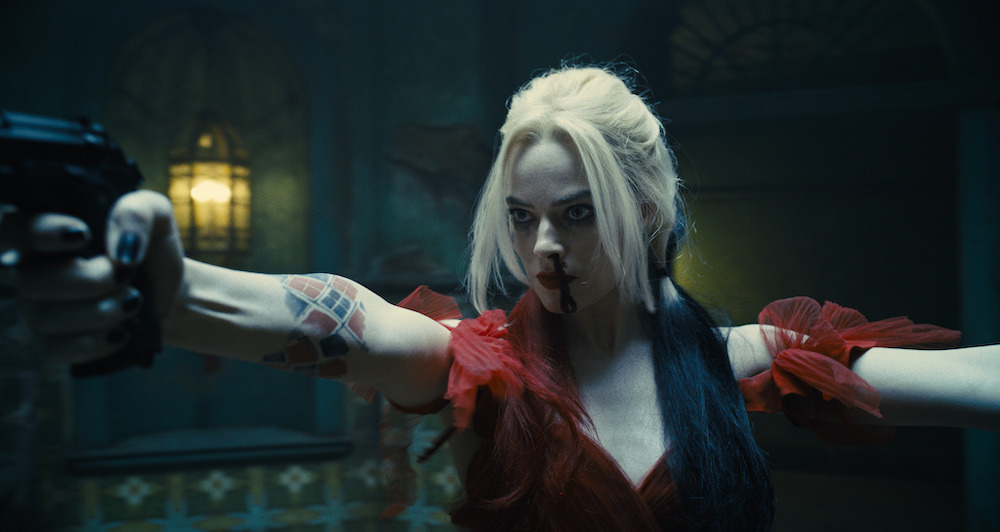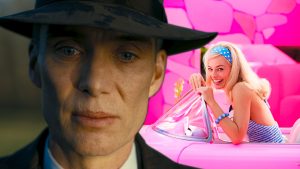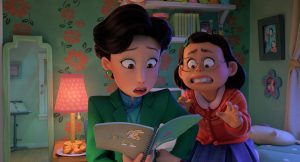If you’re confused by this year’s The Suicide Squad and where it stands in relation to 2016’s Suicide Squad, you’re not alone. It’s been billed as a “standalone sequel”—which means that yes, it is a sequel, but no, you don’t have to watch 2016’s Suicide Squad before you catch this iteration (why call it a sequel, then?). It’s confusion galore, yes I agree.
In actuality, The Suicide Squad feels more like a reboot since the only differentiation in title from the previous movie is the addition of the word “The”. Yet nothing in it contradicts Suicide Squad and so it is an unconnected sequel, sorry, standalone sequel. But the question is whether this relaunch-sequel is really all that necessary since we got a film with the same premise just five years ago.
Like its predecessor, The Suicide Squad revolves around a squad of supervillains who are recruited for black ops missions which are so dangerous that they might as well be suicide missions. It features recurring characters Harley Quinn (Margot Robbie), Amanda Waller (Viola Davis), and Rick Flag (Joel Kinnaman). Oh, and Captain Boomerang (Jai Courtney) returns, but he’s not all that memorable when you have new characters like an anthropomorphic fish in the form of King Shark (Sylvester Stallone).
The confusion between relaunch and sequel starts here because the characters are the same in name and gimmick, but they’re also different from the previous movie. Harley Quinn is less maniacal and showy, Rick Flag has less of a chip on his shoulder, and Amanda Waller seems a little bit more unhinged. Captain Boomerang is the same, but nobody really cares about him.
The characters gleefully spill blood as they plough a gory path through the fictional war-torn island of Corto Maltese—and to becoming an R-rated film in the United States (but don’t worry, it’s a mere M18 movie here in Singapore) as they uncover a nefarious conspiracy as if there were any other types.
The ultra violence is as indulgent as it sounds, with plenty of heads and faces getting blown off mid-sentence, loud squelches and stabs, and gratuitous killing. In fact, the movie drives home its bloodiness by literally painting a “Warner Bros Pictures Presents” in blood before presenting the movie’s title. It’s fun, but it’s not indulgent fun.
This is one of the areas where this film diverges from the first. Suicide Squad (2016) was plagued with executive meddling and a series of expensive “fun reshoots” were required to twist the film into something more light-hearted; whereas Gunn has tweeted about the remarkable lack of interference from Warner Bros when making The Suicide Squad (2021).
Consequently, director James Gunn’s indulgence is evident all over the film, from the stylised “title cards” for each segment of the movie to the copious use of songs set over a montage or action sequence. But unlike the first film, this one feels like the product of a director’s singular vision. It’s clear how much Gunn loves this franchise, especially since he’s making a HBO television series based on Peacemaker (John Cena).
Then there’s the aforementioned King Shark, as well as the giant colourful kaiju that the Suicide Squad has to battle at the end of the film. Few directors could bring a sense of coherence to such ludicrous characters, and it’s terrific (and terrifying) to see how believable they are. It may be due to the magic of today’s technology, but it also requires very firm direction and vision to conceptualise how they would fit in, if at all.
But even so, the runtime could have benefited with some judicious reining in, with the film clocking in at over two hours long. The cinematography wobbles between being intriguingly colourful and pretentiously showy. It’s not that it’s bad, it’s more of a “less is more” principle, and The Suicide Squad can be a little too much Gunn at times. It’s a fun movie, but dialling it back a little would have made it excellent—and help us better appreciate the offbeat tone and bloody bits. With the new direction that Gunn takes it in, it feels more like a reboot than anything else.
To be fair, there have been other superhero movie franchises that have been rebooted in less than five years. Ben Affleck put on Batman’s cowl in 2016’s Batman v Superman: Dawn of Justice, just four years after Christian Bale ended his run as the Caped Crusader in 2012’s The Dark Knight Rises. Spider-Man also only took two years to transition from Andrew Garfield in 2012’s The Amazing Spider-Man 2 to Tom Holland in 2014’s Captain America: Civil War.
But the Suicide Squad is hardly as recognised as those two properties — and it feels like other corners of the DC Universe could have been explored in film rather than retreading this one. And ultimately, its status as a “standalone sequel” makes it confusing for those who enjoy their extended movie universes and want to know how much continuity carries over from one film to the next.
But the fact that we can get two movies based on a lesser-known franchise in such a short time speaks to the fact that we’re in the golden age of superhero movies, especially since there’ve been only ten films so far in the DC Extended Universe (DCEU). And while, yes, this standalone sequel may not be all that necessary, is any movie truly necessary?
It’s not perfect, but it’s perfectly functional as far as movies go. It has some moments of overindulgence, but that doesn’t stop it from being entertaining.
The Suicide Squad‘s status in the DCEU may be fuzzy for now, but it’s sure to make its mark as the most violent DC film yet. While it may be hard to distinguish from its predecessor on the surface, viewers who’ve seen both can see how Gunn has left his mark on this film.
It may smack of indulgence, but it’s still entertaining to watch. And since no movie is ever necessary, the question is moot—The Suicide Squad isn’t necessary, but it’s fun. Its combination of wanton bloodshed, ludicrous-yet-believable characters, and colourful visuals make up for its confusing position in the overall DCEU narrative and over the top approach. Plus, as a superhero movie, there’s the requisite post-credits scene which reveals that a certain character has survived—probably one of the less confusing things about this whole ‘standalone sequel’ affair.







